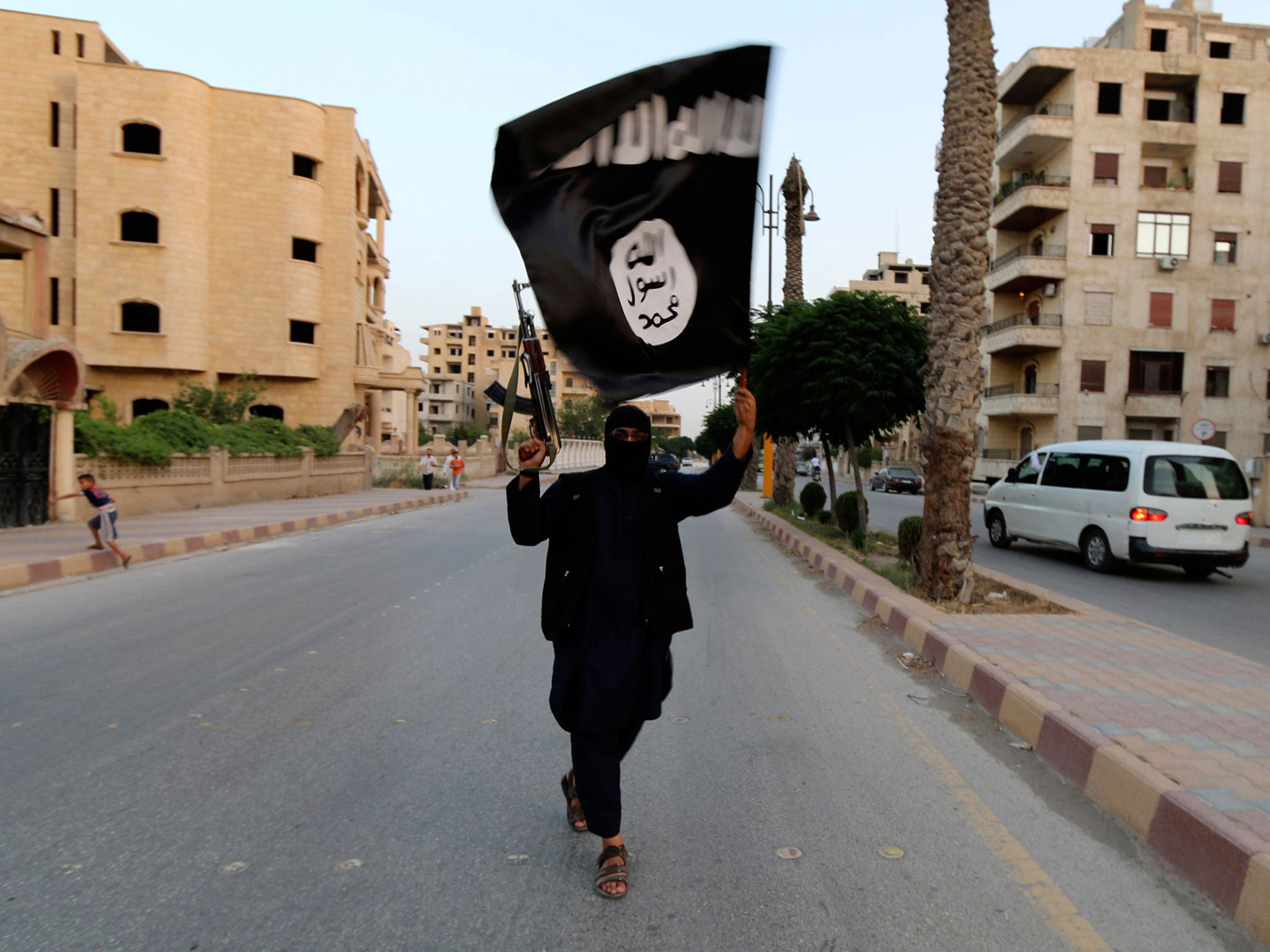The New Threat From Islamic Militancy by Jason Burke, book review: Know your enemy
An authoritative survey of extremist groups gives a full picture of the global problem

Your support helps us to tell the story
From reproductive rights to climate change to Big Tech, The Independent is on the ground when the story is developing. Whether it's investigating the financials of Elon Musk's pro-Trump PAC or producing our latest documentary, 'The A Word', which shines a light on the American women fighting for reproductive rights, we know how important it is to parse out the facts from the messaging.
At such a critical moment in US history, we need reporters on the ground. Your donation allows us to keep sending journalists to speak to both sides of the story.
The Independent is trusted by Americans across the entire political spectrum. And unlike many other quality news outlets, we choose not to lock Americans out of our reporting and analysis with paywalls. We believe quality journalism should be available to everyone, paid for by those who can afford it.
Your support makes all the difference.A great deal has been written about Islamic militancy in recent years. In 1995, there were around 1,000 books with the word terrorism in the title. By 2011, there were more than 10,000. That information comes courtesy of Jason Burke's latest book on the subject, The New Threat from Islamic Militancy. He has no reason to fear the competition, since developments in what he calls the "diverse, dynamic, fragmentary and chaotic" nature of Islamic militancy have been extremely fast-paced, even since the publication of his own previous work, The 9/11 Wars, just four years ago.
Unapologetically focusing on the threat to the West, Burke identifies three major strands of militancy, two of which are relatively new: the emergence of the so-called Islamic State (Isis), with its focus on seizing and retaining territory; and the development of what he calls "the movement", a worldwide subculture of Islamic extremism, rooted in anti-Western, anti-Semitic and homophobic sentiments, which has given rise to relatively low-tech terrorist attacks by self-motivated individuals or small groups, as in the murder of the British soldier Lee Rigby in 2013 or the attack on the offices of Charlie Hebdo in Paris earlier this year.
This is a serious study, but Burke is a journalist by trade, and he occasionally succumbs to journalistic hyperbole. Thus last summer's seizure of Mosul by Isis was "unprecedented in the annals of violent Islamic extremism", the use of digital technology for propaganda purposes is "one of the most significant developments in the history of terrorism", and "the movement" is "perhaps the most significant development of the last decade".
This last point is where the chief menace now stems, Burke believes. Meanwhile, the old threat from Al-Qaeda (about which he published the definitive book in 2003) has diminished. Drone strikes, offensives by the Pakistani army, better intelligence cooperation and tighter travel restrictions have made it far more difficult for British extremists to travel to Pakistan's tribal areas for training. Burke even believes al-Qaeda could disintegrate if its current leader Ayman al-Zawahiri is killed, leaving behind just a handful of affiliated groups in the Muslim world – only one of which, al-Qaeda in the Arabian Peninsula, appears to have any interest in attacking the West.
The reach and ambition of al Qaeda's new rival, Isis, is also limited, at least for the time being. Despite the hundreds of young Muslims who have joined it and then returned home, Burke believes that the involvement of Isis in local violence has been deliberately exaggerated. He provides detailed profiles of many of these volunteers, characterising them as young, largely ignorant of their faith and Islamic history, and heavily influenced by propaganda videos. Another attraction of "the caliphate" for British Muslims, he believes, is the respite it provides from the challenge of casual xenophobia and from reconciling their new, heightened sense of Muslim identity with being British.
While stressing that the vast majority of British Muslims abhor violence, Burke is clear that intolerant and extremist views have been gaining ground in Britain, as elsewhere, with the emergence in the last decade or so of a youth subculture dubbed "jihadi cool", similar in some ways to gang culture. Burke insists there is no "silver bullet" to counter this. But by identifying so clearly the roots and current manifestations of global Islamic militancy, he provides a comprehensive and authoritative picture of the threat it poses. In the struggle to maintain the diversity, tolerance and debate of Western society, he says, knowing your enemy represents an important victory.
Join our commenting forum
Join thought-provoking conversations, follow other Independent readers and see their replies
Comments